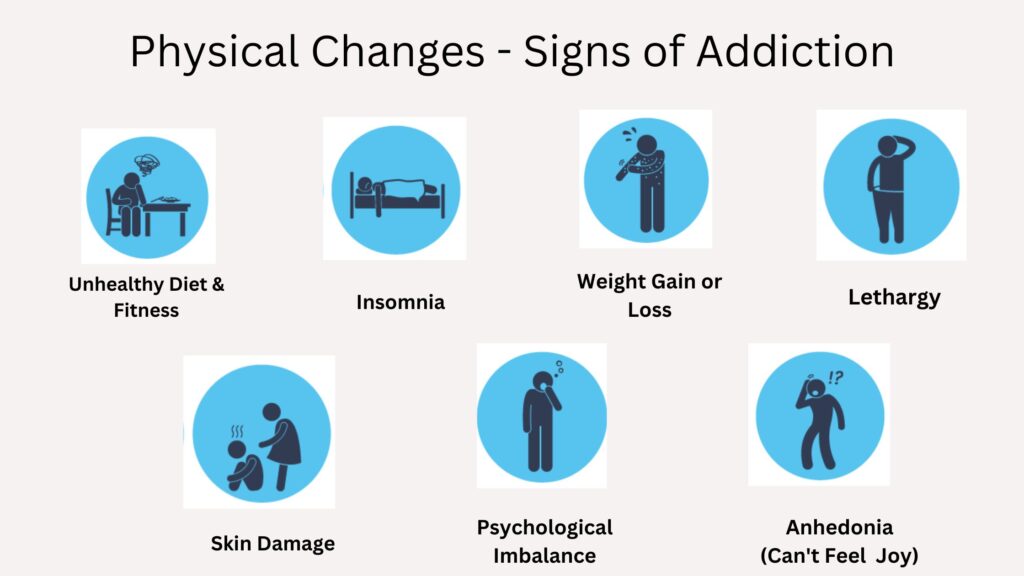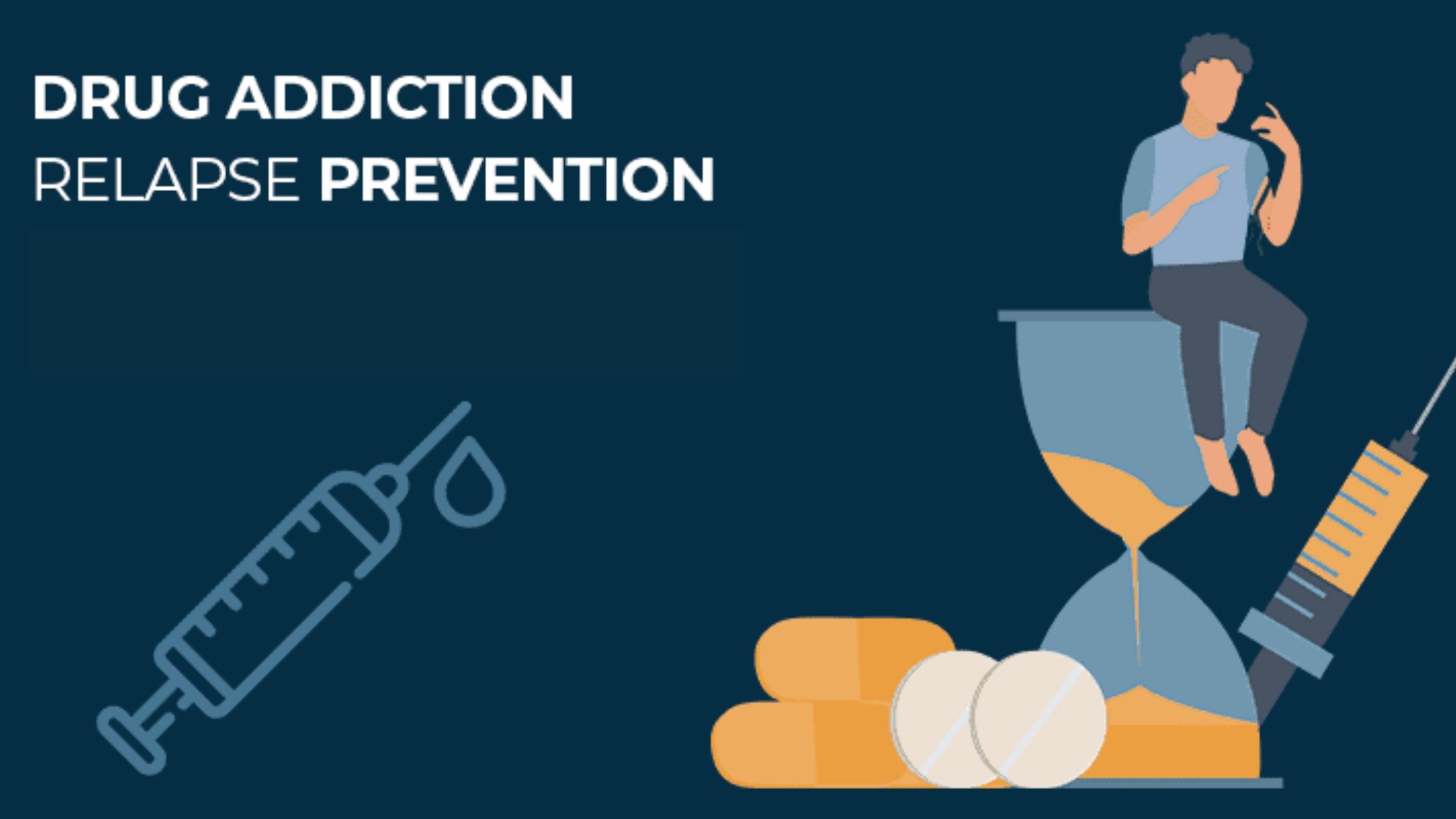Drug addiction is a terrible disease. It’s more than just a bad habit – it’s a chronic illness that takes control of the brain and changes the way it works. This can have a devastating impact on the person struggling with addiction, affecting their health, relationships, and overall well-being. It doesn’t just hurt them; it also hurts the people who love them, but here’s some good news: there is hope. Intervention for drug addiction is a powerful tool that can help someone break free from the grip of addiction and start the road to recovery.
Understanding Drug Addiction: The Crucial Role of Intervention for Drug Addiction
Drug addiction is a severe problem that can devastate lives. It’s more than just a bad habit; it’s a chronic illness that changes the way the brain works. This blog post will break down what drug addiction is, how it affects the brain and behavior, and the warning signs to look out for. By understanding addiction, we can recognize the need for intervention for drug addiction – a crucial step toward recovery.
What is Drug Addiction?
Drug addiction is a condition where someone can’t control their drug use despite the harmful consequences. They may crave the drug intensely and have difficulty stopping, even if they want to. This is because drugs alter the brain’s reward system, making the person feel a powerful urge to use the drug again and again.
How Does Drug Addiction Affect the Brain and Behavior?
Drugs like heroin, cocaine, and prescription painkillers hijack the brain’s reward system. Usually, this system releases a feel-good chemical called dopamine when we do things that are good for us, like eating or spending time with loved ones. Drugs flood the brain with dopamine, creating an intense feeling of pleasure. Over time, the brain adjusts to this high level of dopamine, making it harder to feel pleasure from everyday activities. This can lead to a cycle of needing more and more drugs just to feel “normal.”
These changes in the brain also affect behavior. People struggling with addiction may neglect their responsibilities, isolate themselves from loved ones, and engage in risky behaviors to get drugs.
Signs and Symptoms of Addiction:
There are many indicators that someone may be facing drug addiction. Here are a few to watch out for:
- Changes in mood and behavior, like irritability, depression, or anxiety
- Using drugs in risky situations, like driving under the influence
- Neglecting personal hygiene or appearance
- Financial problems or stealing money
- Lying or hiding drug use from loved ones
If you see these signs in someone you care about, it’s essential to consider an intervention for drug addiction. It is a carefully planned meeting where loved ones confront the person about their addiction and encourage them to seek help. Remember, you’re not alone.

The Role of Intervention for Drug Addiction: A Lifeline to Recovery
It is a structured and supportive meeting where loved ones come together to address a person’s drug use. It’s a chance to express concern, highlight the negative consequences of addiction, and, most importantly, offer help. Here’s how it empowers individuals to break free:
- Breaks Through Denial: Many people struggling with addiction don’t fully grasp the impact it has. Intervention for drug addiction provides a loving and clear perspective, helping them acknowledge the problem.
- Offers Hope and Support: Addiction can feel isolating, but intervention for drug addiction shows the person they’re not alone. Loved ones come together, offering unwavering support and a path towards recovery.
- Creates a Plan for Action: Intervention for drug addiction goes beyond just talking. Loved ones can research and present treatment options, resources, and concrete steps towards getting help.
- Motivates Change: Seeing the concern and love in the eyes of family and friends can be a powerful motivator. A person may need an intervention for drug addiction as the motivation to take charge of their life and get assistance.
Planning an Intervention for Drug Addiction: A Crucial Step Towards Recovery
While intervention for drug addiction can be a powerful tool, careful planning is crucial for its success. Here’s what you need to consider:
- Timing is Everything: Don’t stage an intervention for drug addiction when your loved one is under the influence or in crisis. Choose a calm moment when they’re more likely to be receptive.
- Prepare, Prepare, Prepare: Gather information about addiction and treatment options. Research rehab centers or therapy programs beforehand. The more prepared you are, the more confident and effective the intervention for drug addiction will be.
- Consider a Professional: An experienced interventionist can guide the process, navigate difficult conversations, and ensure the intervention for drug addiction stays focused and productive.
- Setting Boundaries: While the tone should be loving and supportive, it’s essential to set clear boundaries during the intervention for drug addiction. This might involve outlining the consequences if they refuse help.
- Focus on Solutions: The goal of intervention for drug addiction is to offer help, not assign blame. Focus on solutions and present a clear plan for recovery, including treatment options and next steps.
Holding the Intervention for Drug Addiction: Guiding a Loved One Towards Recovery
So you’ve planned your intervention for drug addiction – now comes the big moment. Here are some key points to remember for a successful intervention:
- Stay Calm and Collected: Emotions might run high, but it’s essential for everyone involved to remain calm and respectful. Speak clearly and directly, avoiding accusations or yelling.
- Focus on “I” Statements: Instead of blaming the person, use “I” statements to express how their addiction has affected you. For example, “I worry about your health when you use drugs” is more impactful than “You’re ruining your life!”
- Share Specific Examples: Don’t make vague accusations. Provide concrete examples of how their addiction has impacted them and your relationship.
- Offer Empathy and Support: Let your loved one know you understand addiction is a disease, not a personal failing. Express your unwavering love and support throughout the intervention for drug addiction.
- Present a Clear Plan: Don’t leave them feeling lost after the intervention. Have a pre-arranged treatment plan outlining options for rehab or therapy.
- Be Prepared for Resistance: It’s common for people to resist help initially. Stay calm, don’t be discouraged, and reiterate your love and support for their recovery.
After the Intervention:
Once the intervention is over, it’s natural to wonder what comes next. Here’s what you can expect and how to keep moving forward:
1. Emotional Responses:
After an intervention, emotions can run high. The person struggling with addiction might feel surprised, angry, or overwhelmed. Loved ones might feel relieved that the intervention happened but anxious about what happens next.
2. Acceptance or Resistance
Some individuals may accept help immediately after an intervention, while others might initially resist it. It’s essential to remain patient and supportive, knowing that change takes time.
3. Professional Guidance
It is crucial to seek ongoing professional support, such as therapists or addiction counselors. These professionals can provide guidance, therapy, and resources tailored to the individual’s needs.
4. Support Groups
Encouraging participation in support groups like Narcotics Anonymous or SMART Recovery can provide valuable peer support and accountability.
5. Family Counseling
Family counseling can help mend relationships strained by addiction and provide a supportive environment for the individual and their loved ones.
6. Healthy Boundaries
Healthy boundaries are essential for the individual and their loved ones. Establishing clear expectations and consequences is crucial while offering continued love and support.
7. Celebrating Progress
Celebrate every milestone, no matter how small. Each step towards recovery is a significant achievement worth acknowledging and celebrating.
Conclusion: Breaking Free with Intervention for Drug Addiction
Drug addiction is a powerful force, but it doesn’t have to control someone’s life. Intervention for drug addiction can be the turning point that sets them on the path to recovery. By offering love, support, and a clear plan for getting help, an intervention for drug addiction empowers individuals to break free from the grip of addiction.
If you suspect someone you care about is struggling with drugs, don’t wait. Seek information and resources about interventions for drug addiction. Remember, you’re not alone. There is help available, and with your support, your loved one can overcome addiction and build a brighter future.
For help and support with intervention for drug addiction, reach out to HealingUS. We offer resources and guidance to navigate this challenging process. With intervention for drug addiction and ongoing support, hope and recovery are always possible.



